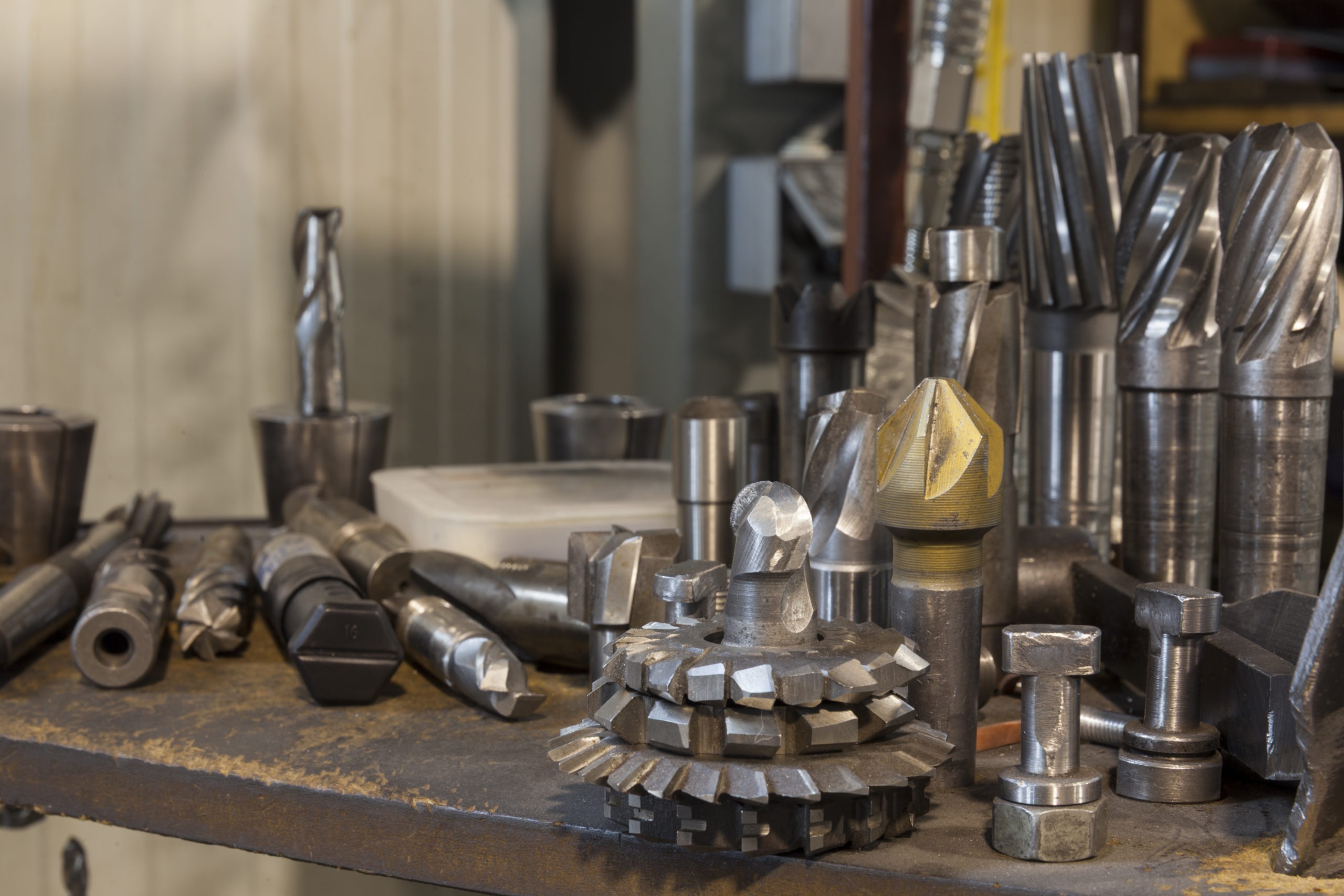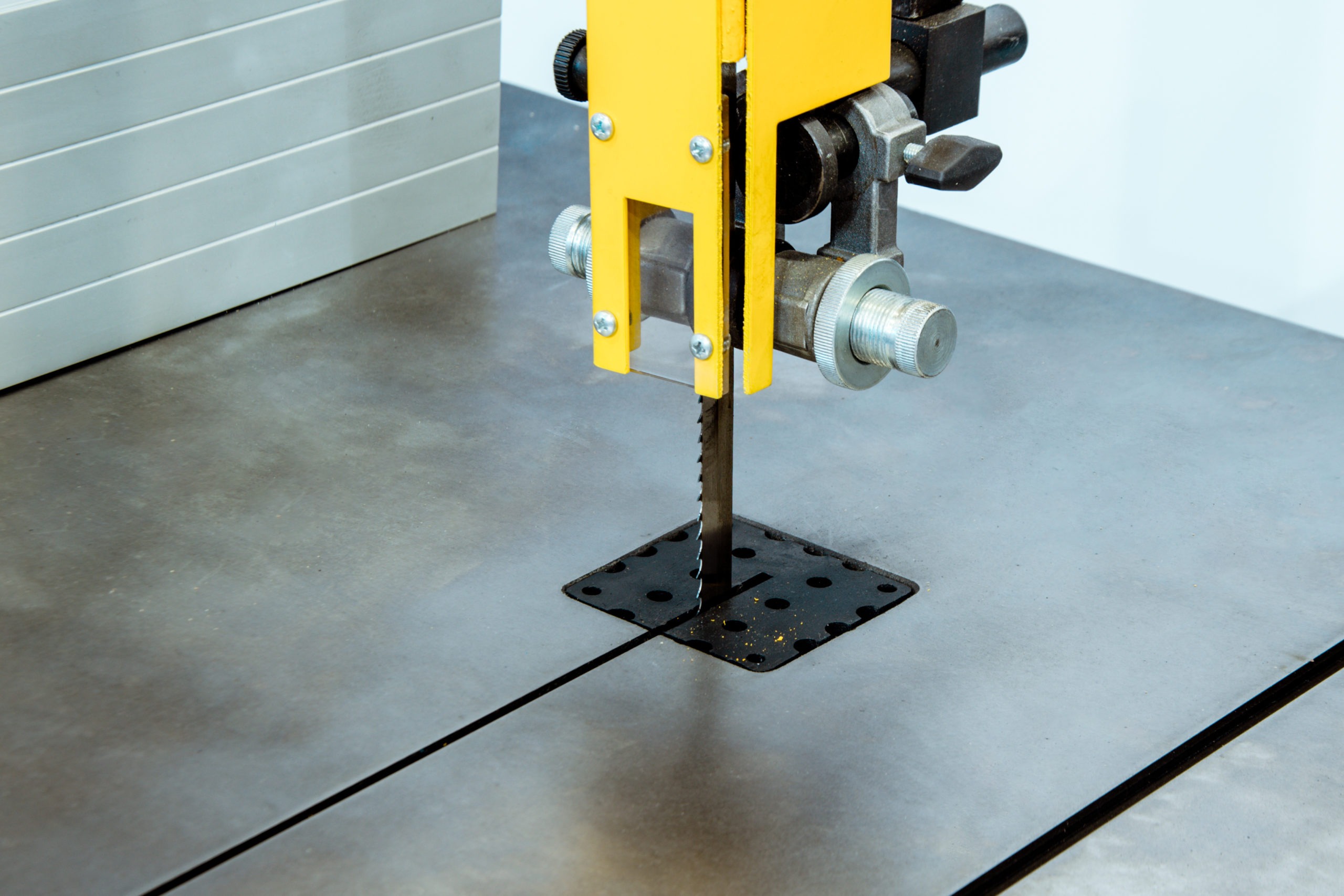If you’re interested in working on projects involving metal, it might be time to invest in good-quality metalworking tools. Generally, metalworking involves the crafting of metal into various products. Depending on the project you’re planning to work on, it might include drilling, molding, or casting techniques that require a specific set of tools.
Today, different types of tools work best on certain metals to ensure a safe and efficient process. If this is your first attempt at metalworking, you might need to check out the basic tools.
Here are some of the essential tools to ensure a good start on your metalworking projects at home:
1. Flux Core Welder
In any metalworking project, you’re likely to spend time on welding. With this in mind, a welder is one of the crucial tools to invest in. For beginners, consider getting a flux core welder, which is helpful for general repairs.
When using this type of welder, it utilizes heat by an electric arc to fuse metal. It’s easy to use and boasts versatility since you can use it for semi-automatic or automatic processes.
2. Band Saw
A band saw is one of the essential metalworking tools you should consider getting. A metal band saw is a power saw with a sharp blade capable of delivering precision cuts on wood or metal.
The tool is a must-have in both metalworking and woodworking but capable of slicing through various materials. You can find one in different sizes, and it’s ideal for cutting irregular shapes or curves. It’s best to invest in a good-quality bandsaw specifically for metal so it’ll be safer and more efficient to use than a basic handheld saw.
3. Hacksaw
A hacksaw has a fine set of teeth, making it the ideal choice for cutting metal. Generally, you can use one to cut metal rods or sheets. Among the metalworking tools, it’s one of the easiest to use and a must-have in your set of tools.
4. Sheet Metal Nibbler
A metal nibbler is a must-have tool to cut sheet metal efficiently. It’d be best if you have this tool when working with sheet metal since it’s capable of slicing with minimal deformity to the material and allows you to cut various shapes. Most models require compressed air to work, but there are also electric models in the market.
5. Drill Press
A drill press will come in handy in creating holes. Generally, the drill bit is secured in place to ensure the creation of clean holes in any flat surfaces while resting on a fixed stand.
6. Angle Grinder
Depending on the metalworking project you’re working on, an angle grinder is a must-have tool for polishing and grinding metal surfaces. The tool is also helpful if you want to cut metal into different shapes.
7. Metal Lathe
A lathe is highly versatile since you can use it for various tasks such as sanding, drilling, and cutting. As a machining tool, its primary function is the precision shaping of metal and wood. Generally, it works by rotating a piece of material around a stationary cutting apparatus. It can help get rid of any unwanted parts of the material to create a well-shaped piece.
8. Press Brake
If you’re going to work with metals, you might need to bend metal parts and sheets at some point. Depending on the scale of your metalworking project, a press brake is an efficient tool to invest in. It comprises a die and a punch set at specific angles to bend or cut metal into various forms and shapes.
9. Die Grinder
A die grinder is a rotary tool with various uses such as polishing, grinding, honing, and sawing. The tool works best for engraving and shaping various types of metal.
10. Sander
A sander is a must-have tool to invest in if you want to assemble a complete arsenal of metalworking tools. You can use the tool to polish or smoothen metal surfaces by abrasion. Most models have a mechanism where you can attach the sandpaper of your choice. When using one in metalworking, most sanders will require compressed air to work.
11. Marking Tools
When you’re working on an extensive metal project, you’ll need accurate cuts. Some of the standard marking tools you need to buy include dot punches, odd-leg calipers, and scribers. Although each has its specific applications, the primary purpose is the same.
When part of the project involves machine cutting or shaping the metal, these marking tools can help set the correct measurements or guidelines to ensure the best outcome.
12. Anvil
Throughout the years, a metalworking workshop isn’t complete without an anvil in place. In most cases, it’s a large block of iron, either wrought iron or forged steel. It has a flat rectangular upper surface where you can work on metal.
13. Clamps And Vice Grips
It can be frustrating when your material doesn’t seem to stay in place, especially when marking or cutting. If you want to make the process manageable, invest in clamps and vice grips.
When you have c-clamps and vice grips, you can use them to secure temporarily metal pieces together or to your workbench. In any metalworking project, both c-clamps and vice grips will come in handy. Make sure you have several on hand at all times on your work table.
Final Thoughts
When it comes to metalworking, you need to invest in a set of tools to make your projects manageable and get the best results. If it’s your first time trying out metalworking, these essential tools will provide you with a good start and allow you to tackle various projects with ease.


